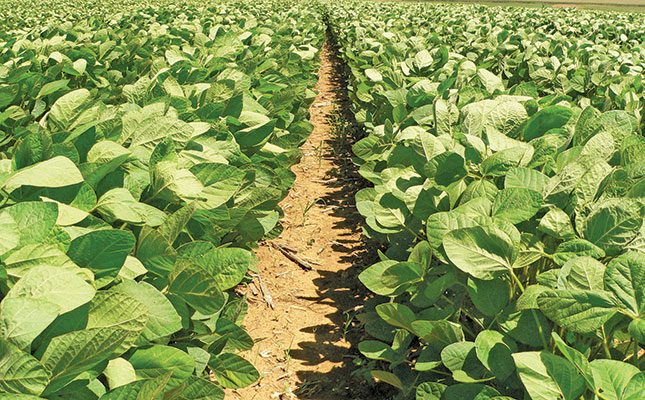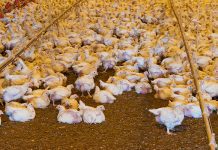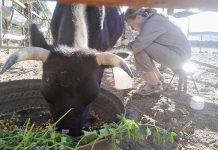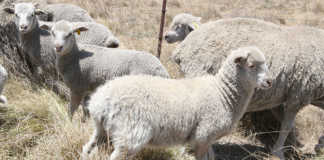
Associated Press (AP) reported that this year farmers in the US were “hoping to break even or maybe record a small profit if they could find a way to limit their sky-high costs”.
The president of the American Soybean Association, Caleb Ragland, who farms in Kentucky, told AP that there was not “any margin for error in the current farm economy”.
China had reportedly long been the largest buyer of US soya bean and sorghum, with at least half of these crops exported to that country.
According to AP, China spent about US$24,65 billion (about R471 billion) on US agricultural products in 2024, which also included beef, chicken and other crops.
Similar to the stock market, crop prices declined sharply in recent weeks after Trump announced the tariffs.
Speaking to AP, Tim Dufault, a farmer in northwest Minnesota, expressed concern that these new tariffs could “put many farmers out of business”.
In terms of long-term concerns, fears have also been expressed that Chinese importers would turn to Brazil and other countries to purchase soya bean, beef, chicken and the other crops its citizens consume, resulting in US farmers losing market share.
AP reported that most farmers only survived the previous trade war during Trump’s first term of office because they received tens of billions in aid payments from the government.
“He [the government] gave them more than US$22 billion (R421 billion) in aid payments in 2019 and nearly US$46 billion (R880 billion) in 2020, though that year also included aid related to the COVID-19 pandemic,” the report said.
However, speaking to Fox News earlier this month, Agriculture Secretary Brooke Rollins said she did not believe that “massive aid payments” would be necessary, although she conceded that it would not be clear if this would be necessary, for several months yet.
“But if it is, then this president has always said and he is resolute in his commitment to our farmers and our ranchers and our great rural communities in [the US], so […] we’ll make sure we’re ready if in fact that is necessary,” she said.
However, Andy Hineman, vice-president of the Kansas Grain Sorghum Producers Association, told AP: “We don’t want to live on government handouts. We’d rather sell the crops we grow.”













